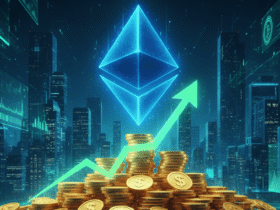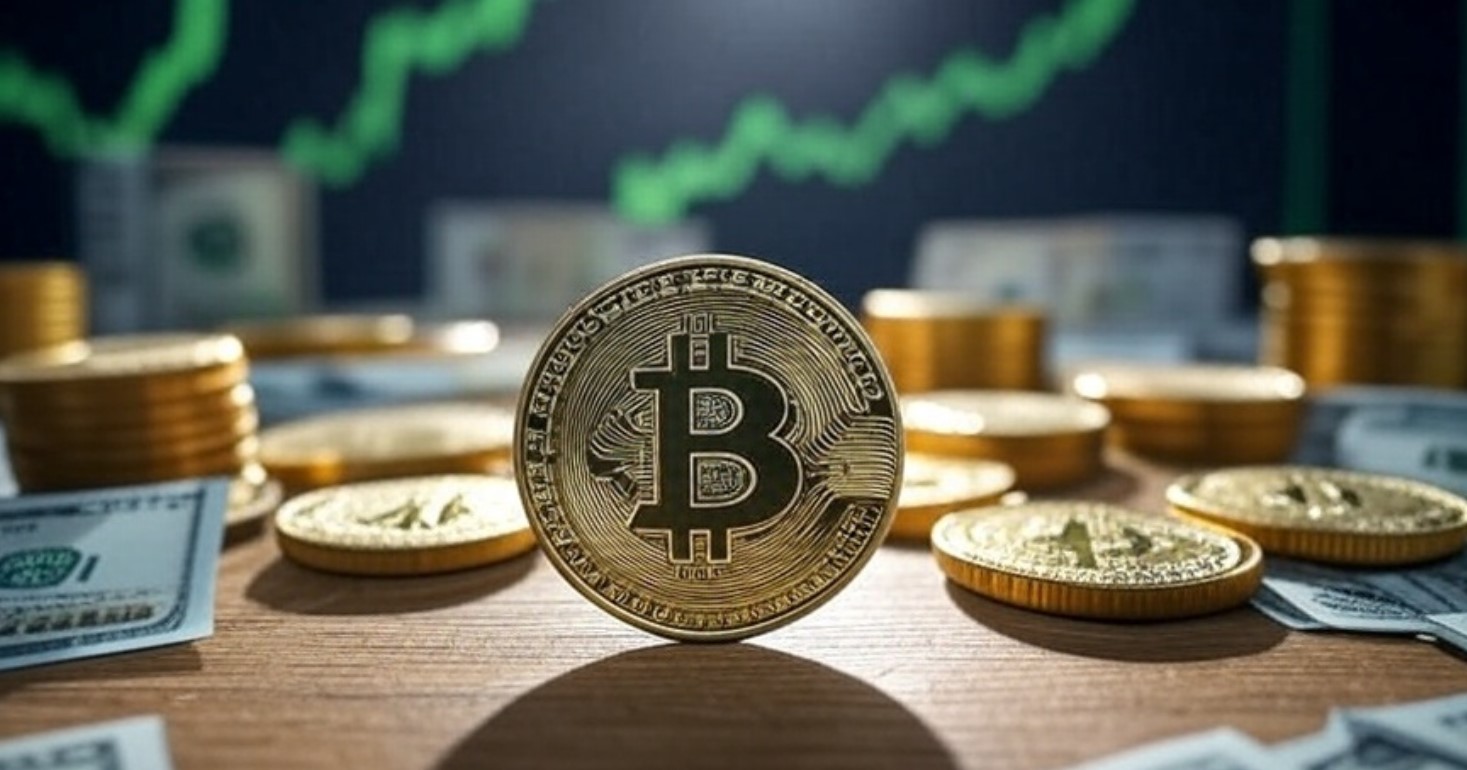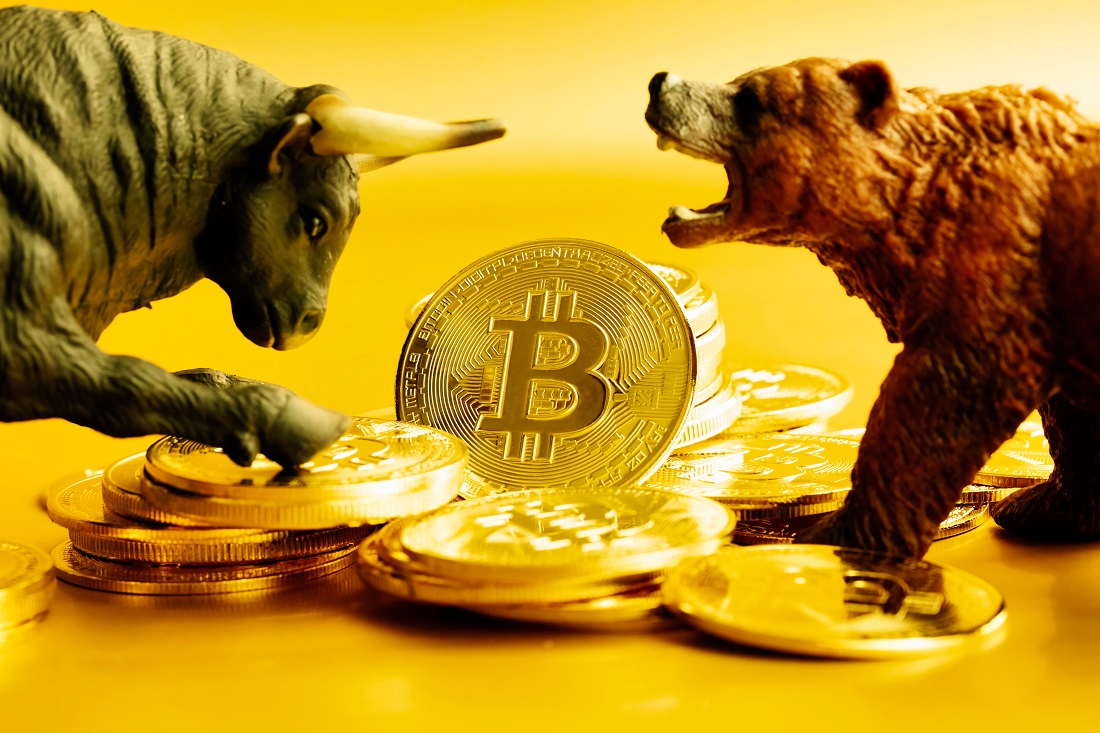If you don’t believe it or understand it, I don’t have time to try to convince you, I’m sorry.
Satoshi Nakamoto
We understand by “nocoiner” a person who is more or less emphatically opposed to Bitcoin and cryptocurrencies. The term does not discriminate based on the reasons why it does so, which is the purpose of this article. Using ideal types in the manner of sociologist Max Weber, I am going to describe the most common arguments and profiles that we find in this regard.
Skeptical Nocoiner
Let’s start with the simplest. The skeptic is a nocoiner who You just aren’t convinced or don’t understand the value proposition of Bitcoin.. Within this category there are lots of arguments, some better than others, but the general characteristic is radical doubt about Bitcoin, the feeling that something doesn’t add up.
The most common questions asked by this type of nocoiner are: “What is it based on?”, “Who uses this?”, “What is it for if we already have money and banks?”, etc. It is the category that defines the vast majority of nocoiners and we have probably all been in this category at some point.
I think that this type of nocoiner can be subdivided into two large groups, which I could call the conformists and the true skeptics. If one is a true skeptic, it is likely that these questions that were fired at him about Bitcoin will at some point be pointed at the fiat system, in which case he is very likely to become a bitcoiner.
The conformist, on the other hand, accepts the status quo as it is and does not question it, but questions Bitcoin for violating this status quo. This nocoiner follows a herd mentality, so it is much more likely that he will end up accepting to use Bitcoin or crypto simply because everyone around him starts using them, without much criticism.
Environmentalist Nocoiner
In my opinion, this nocoiner was the most powerful during the early years of Bitcoin, especially. Their arguments were difficult to refute until not long ago, since they had some scientific support and data to rely on.
Their arguments have to do, obviously, with the actual or potential environmental damage from proof of work. On the one hand, there is energy consumption, on the other the ways in which that energy is produced, and then the problem of electronic waste (e-waste). Similar to what happens with the skeptical nocoiner, the environmentalist has no arguments to defend the fiat system, but accepts it because it is already established. If you are a more radical environmentalist, you are also critical of the fiat system and may have a very different agenda for addressing environmental issues.
In recent years, the scientific consensus or majority opinion about the environmental impact of Bitcoin has been changing. From being a technology that wastes a lot of energy with a purpose understood as useless (part of skepticism at this point), it became a key technology in the efficient use of energy and in the transition towards renewable energies. E-waste continues to be a problem, although it is not exclusive to Bitcoin or the crypto world, but rather to the entire electronics industry. The nocoiner, however, considers Bitcoin one more factor of this pollution without understanding what benefit it brings in exchange. Only by understanding the value proposition versus the fiat system could you consider the trade-off
Privileged Nocoiner
This is a nocoiner that we will hardly meet in person, unless we frequent high society spaces. The privileged nocoiner is someone who It is very well placed in the fiat system and therefore has a great interest in defending it. Government representatives or international organizations, major bankers, personalities from the business/financial world and many mass media fall into this category.
His arguments are similar to those of the skeptic; Even if they understand the technology perfectly, it simply threatens their privileges and they need to defend the status quo to maintain them. Many times, when fulfilling a specific function in the fiat world, they argue that the entire crypto world is unnecessary because they already have everything under control.
There is a possibility that a privileged nocoiner will become pro-Bitcoin or pro-crypto, seeing that it can offer them an opportunity to get richer or to move their capital better. In general, the privileged in the private sector are more likely to turn in this direction, as in the case of large investment funds. Government and international agents have more to lose and are less likely to accept the change that Bitcoin and crypto bring, but whether due to electoral pressures or the mechanisms of game theory themselves, they come to accept this technology as beneficial. However, they will generally attempt to exert some form of control or authority over the blockchain.
Nocoiner social justice
At the ideological pole opposite to that of the privileged of the system are the Social Justice Warriors (SJW), an internet stereotype that refers to these people who defend every progressive cause on the networks.
Their arguments often have to do with what cryptocurrencies do not do, but what they think they should do. For example, redistribute income. Ironically, many times their arguments end up being very similar to those of their enemies, the privileged nocoiners. There is a reason for this, as many privileged nocoiners are part of institutions that are supposed to do what social vigilantes believe should be done. There is also a great factor of moralism: SJWs often perceive money as something intrinsically “bad” and therefore nothing that innovates in this field can bring any good results.
Along with environmentalists, since their causes often go hand in hand, they are a group that knows how to argue, but the SJW is perhaps even more dogmatic and less flexible. Still, There are points of contact between your agenda and the crypto-bitcoiner proposalsince they all come from radical currents of thought. There is in part a self-fulfilling prophecy: their little interest and antagonism towards cryptocurrencies leads them to ignore them, miss the opportunity to buy early, and when their value rises they protest because others did get rich by having bought early. There they say that it only makes the already rich richer, continuing the cycle.
Nocoiner cryptobro
Although it may seem like an oxymoron, there are crypto enthusiasts who actually think and/or act against the fundamental principles of the space. What mainly defines this strain of nocoiner is that They are here for the money, not for the ideas, and by silver we mean fiat currency. This nocoiner seems to be in favor, but in reality he doesn’t contribute anything: he just repeats some slogans crypto-friendlybut his only goal in space is to get rich and return to the fiat world.
This is a difficult nocoiner to approach because he already seems convinced, or half convinced, and because he doesn’t have an argument against crypto or Bitcoin, he just doesn’t trust or really care.
To do?
There are nocoiners of different types, probably more than one type at a time. Satoshi is the first to confront the nocoiners as soon as he published his whitepaper in 2008 and they were part of the cypherpunks mailing list! This shows us that perhaps we have all at some point been nocoiners in one way or another. With that idea and that degree of humility in mind, we can better address the nocoiner issue.
“Everyone buys bitcoin at the price they deserve,” a popular phrase among bitcoiners, implies that we all have a moment in which Bitcoin (or crypto in general) begins to make sense, and that due to our characteristics and circumstances we are going to buy at a price that is appropriate (although not always satisfactory).
“Have fun being poor”, the great debate finisher. Although Bitcoin and cryptocurrencies are valued through a network effect, so convincing others to buy increases the value of our holdings, debates can become so confrontational that we would not even want the adversary to benefit from buying the asset. The market, finance, Bitcoin, in general benefit patients. The satisfaction of “I told you so” is not going to be immediate, nor in the short term. It may be years before that nocoiner tells you “you were right,” or he may never say it, but he will know. This is ultimately what low time preference is all about, delaying the benefit longer and longer, letting it age, to get more out of it in the future. HODL.
Disclaimer: The views and opinions expressed in this article belong to its author and do not necessarily reflect those of CriptoNoticias. The author’s opinion is for informational purposes and under no circumstances constitutes an investment recommendation or financial advice.






Leave a Reply